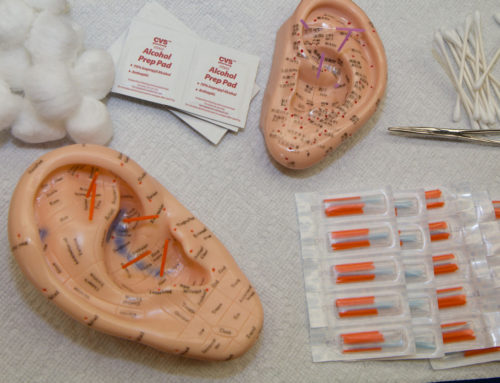“Congratulations! You’ve been selected to speak at this year’s conference!”
If you received this announcement, how would you feel? Excited? Happy? Nervous? Nonchalant?
Just the idea of making a presentation throws many people into a panic. Regardless of how well you may know the topic (you may be the expert!), you may feel uneasy in front of a group of 5 or 500. If you can relate, you are not alone in that fear.
The fear of public speaking is the most common phobia ahead of death, spiders, or heights.
Glossophobia
Glossophobia: the fear of public speaking.
Why is that? Perhaps we’re afraid we’ll:
-
Stumble over words
-
Not provide enough information;
-
Provide too much information, or worse…
-
Go blank and completely forget what we are going to say.
Here’s the thing, all speakers, the great ones and the newbies, get nervous.
But that can be good because nervous energy brings excitement, focus, and increased interest. You can learn techniques to help control the energy, giving an interesting (maybe even inspiring!) presentation.
Many years ago, in college, I joined the forensics speech team. In the beginning, I was a hot mess: dry mouth and sweaty palms. But I got better with practice and exposure. Every weekend, we traveled to other universities to compete. That experience taught me a lot.
Pointers from my toolbox.
- Edit Critical Self Talk. That’s where most people have problems. That voice in our head casts the doubt of success and reminds us of past flubs or imagines future stumbles. I changed that talk and told myself that I was excited about the speech. It really made a difference.
- Know Your Audience. Are they colleagues or strangers or a mix? What might they know about the topic? What interesting information can you share? If you’re excited and engaged, they will also be.
- Understand Your Topic. Spend time researching and putting your thoughts and ideas on paper. I had to write out my entire speech. Having detailed notes is usually better. Feeling confident that you have good and accurate information at your fingertips is a good boost.
- Practice, Practice, Practice. Athletes, actors, and singers practice before a performance. And so should all speakers. I practiced in the car, in the shower, where ever I could. The more familiar you are with your message, the smoother it will become.
- Accept Mistakes. They’ll Happen. Go easy on yourself and realize that you’re likely the only one who noticed the error. I quickly learned not to highlight a flub with an “oh, sorry.” Take a breath and move on.
- Celebrate. That’s right, c-e-l-e-b-r-a-t-e when you finish your presentation (even if it’s just a happy dance in your mind). Perfect or not, you got through it, and if you did it once, you could do it again.
I’m curious, what are some tips and tricks are in your toolbox? Please let me know.
There are great resources available that help hone speaker ability. After college, I joined Toastmasters International and definitely recommend it because you learn and practice techniques in a supportive group.
Those techniques and other tips you discover go into your own toolbox. And before you know it, the title Glossophobic will be one that no longer applies to you.
Cheers!

Marilyn







